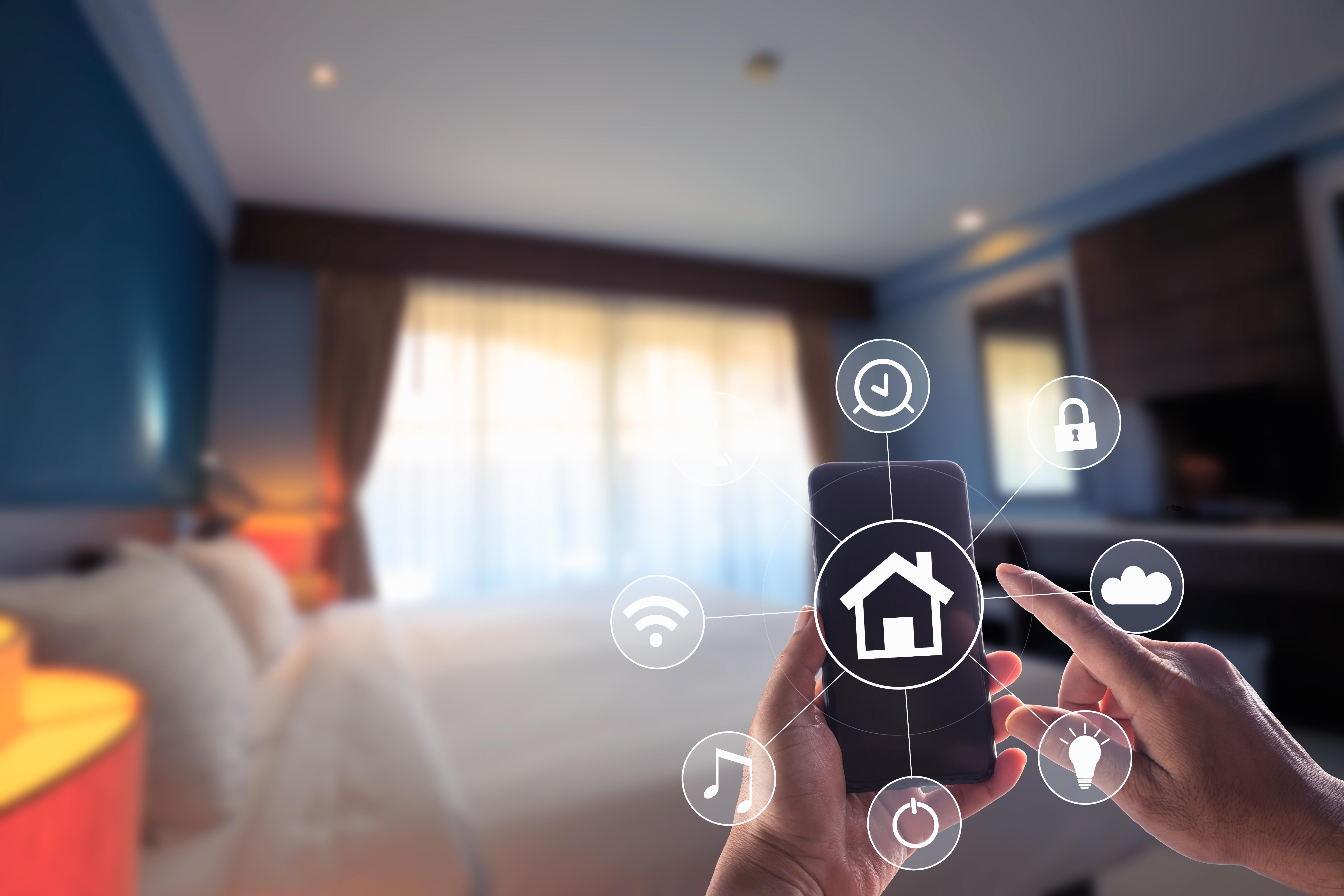
Satellite internet is installed by placing a satellite dish at your home and connecting it to a modem that...

Smart home devices include refrigerators and other large appliances, lights, security cameras, and a fantastic...

Satellite internet for home use gives you access to a world of entertainment often unavailable in remote locations...

Grabbing coffee with friends or visiting the local library after work is a part of many Americans' routines...

Being technology savvy has been associated with the younger generations ever since the first “Grandma can’t set the...

Reliable, high-speed business internet is essential for companies striving to remain competitive in today’s fast...
